says Silas Koehn. The student of Mechanical Engineering at the Fachhochschule Kiel already planned to go abroad during his undergraduate. He’s more than happy that he could realize his dream some years later – and talks about his experiences of living and studying in Santander (Spain), the chances of ERASMUS+ and why it’s recommendable to look for a place to stay early.
Nice to meet you, Silas. What are you studying and in which faculty?
I’m doing my postgraduate of Mechanical Engineering at the same-called faculty at the Fachhochschule Kiel.
When did you decide to go abroad for a semester? What triggered you?
That was in the beginning of 2018, because the due date for all applications concerning a semester abroad is in the beginning of march. Originally, I had planned to go abroad during my undergraduate, but I didn’t have the time to realize this plan, even if the range of partner countries for undergraduates seems to be a little bigger than for postgraduates. To me, it was important to think outside the box and to add new perspectives.
Was Spain your first choice as a host country?
I would have preferred to go to Italy, because I am fluent in Italian and love to speak the language. Unfortunately, there didn’t seem to be an Italian partnership. Therefore, my first choice on the list was Spain, and I was happy to be able to go there eventually. Santander is a hotspot for active people. Whether it is surfing, hiking, mountain biking or racing biking, as a person who loves sport, you’ll definitely find something to do!
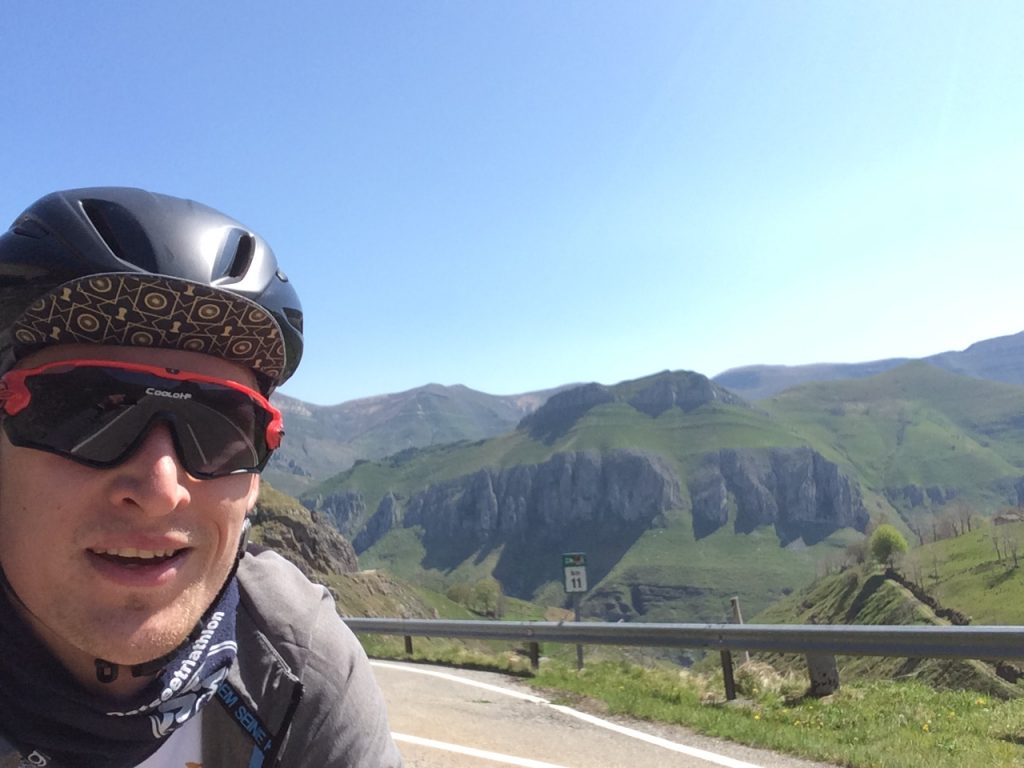
Were you in contact with other people who previously had studied in Santander?
I talked to one of my fellow students. He had studied in Santander the semester before I did and he could tell me some things about it, such as advices for flat-hunting.
Did you know Spanish before going to Santander or did you take classes beforehand?
I learned it in school for around three years. Therefore, my language skills weren’t advanced, but I could communicate the most basic things. Also, I knew quite early that I would go to Santander, so I had the chance to take some Spanish classes at the Fachhochschule Kiel on top of that. Just before departing to Spain, I had a language level of B1.
Were there any fellow students who went you to Santander with you?
No, it was just me. I have the impression that not many people from my faculty decide to go abroad. I’m not sure whether people do not know that ERASMUS+ is an option during one’s studies or if there are other reasons. However, being on my own wasn’t a problem for me.
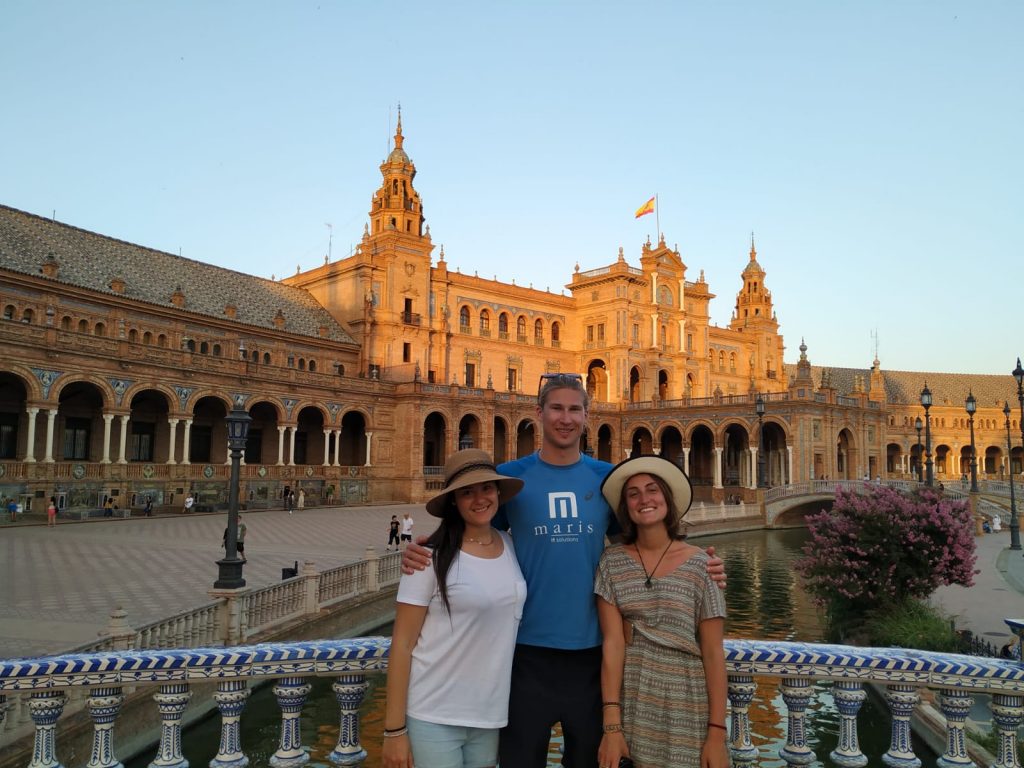
How and where did you live in Santander? How did you organise your accommodation?
I planned it myself by contacting an organisation in Santander that collaborates with the local university. They are specialised on exchange students. It was a regular shared apartment instead of a student accommodation which is quite often the case. I shared my flat with a guy from Bolivia and someone from Italy. From there, it took us only two minutes to get to the campus.
What are the costs of living like in Spain, especially in comparison to Germany?
Rents in particular are much cheaper than in Germany. I only paid around €220 or €230 for my room. I mean, it wasn’t the newest or nicest flat, but it was an absolutely reasonable price. When it comes to groceries, the prices are quite comparable to those in Germany, whereas drinks and food in bars are a bit cheaper.
Was the ERASMUS+ support enough to cover additional costs? Did you save money beforehand?
I didn’t really need to save much money, the ERASMUS+ support was enough to cover the rent. Everything else was more or less the same as at home. I was also lucky to receive a financial support from my family for my time abroad.
Did you experience a culture shock or a thing that surprised you in the beginning of your stay?
Umm, nothing too extraordinary. I had been to Spain a few times before, so I did have an idea of what to expect. Furthermore, I lived in Italy for a year, therefore I was already familiar with southern European habits (laughs). The only remarkable thing I noticed was that people from the northern part of Spain are less outgoing and openminded than the people from the South. Maybe this is caused by everybody’s awareness that exchange students only stay for a couple of months and that they disappear as quickly as they arrived.
Who were your friends then, if not Spanish people?
Our group was internationally mixed, even though the majority of my friends were Italians. I spent much time with my flatmate from Italy and therefore with his friends, too. Since I speak their language, the barrier to talk to each other is rather low and this is how we got into contact.
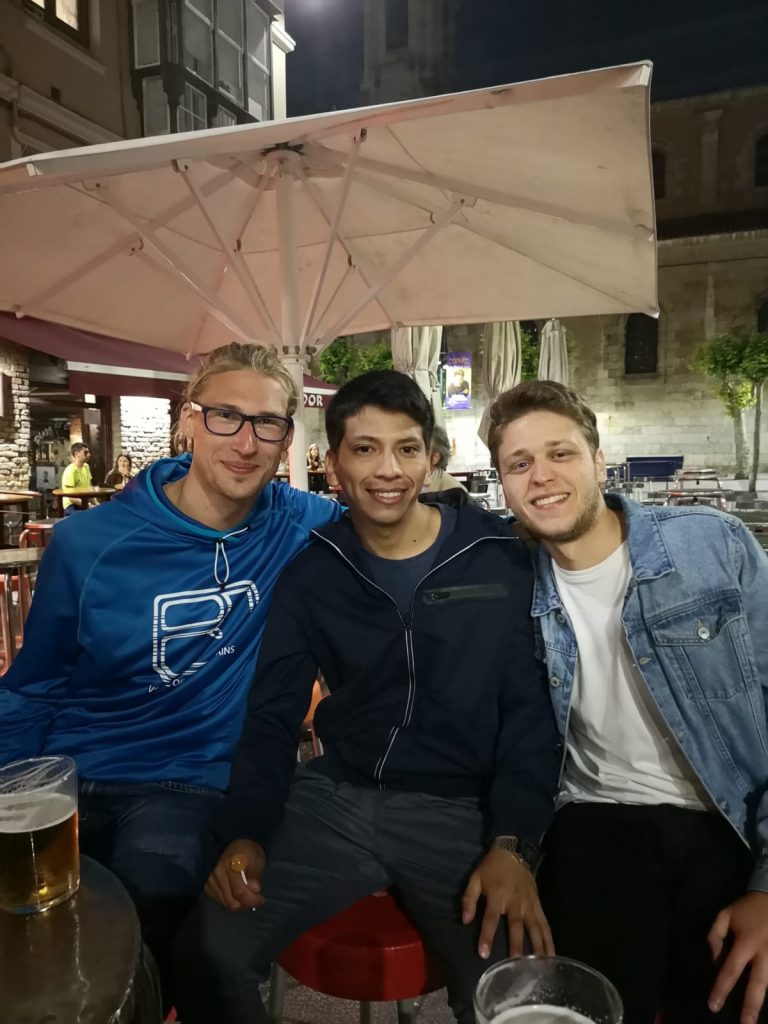
What differences between the Spanish university and the Fachhochschule Kiel did you experience?
I was surprised about the size of the classes. I attended one course in which there were only me, another student and the teacher. The “biggest” class I took, was one with around nine people. Furthermore, I experienced their system to be very “school-like” with aspects such as mandatory attendance for example. The infrastructure of the university was rather old: out-of-date technology, real blackboards on which you still write with chalk, things like that…
Did you only attend English classes or some Spanish ones as well?
I had two courses in English and four in Spanish, but that was my own choice. Many other international students attended only English classes, that wasn’t a problem. I decided to credit my courses, therefore I picked so many Spanish ones that I could use for my studies at home.
What did you do in your free time?
In the beginning, I did a lot of sport – this was also one of the main reasons why I picked Santander as a location. Unfortunately, I hurt myself after a short time, so I had to step back a little. Instead, I began to travel a lot. Bus rides are super cheap, there is a company that is called “ALSA”. I’ve been to Bilbao, San Sebastián, Girona, Barcelona, Málaga, Sevilla, Granada… And to Cádiz. I took the time to travel a lot. Sometimes for a long weekend, sometimes for day trips.
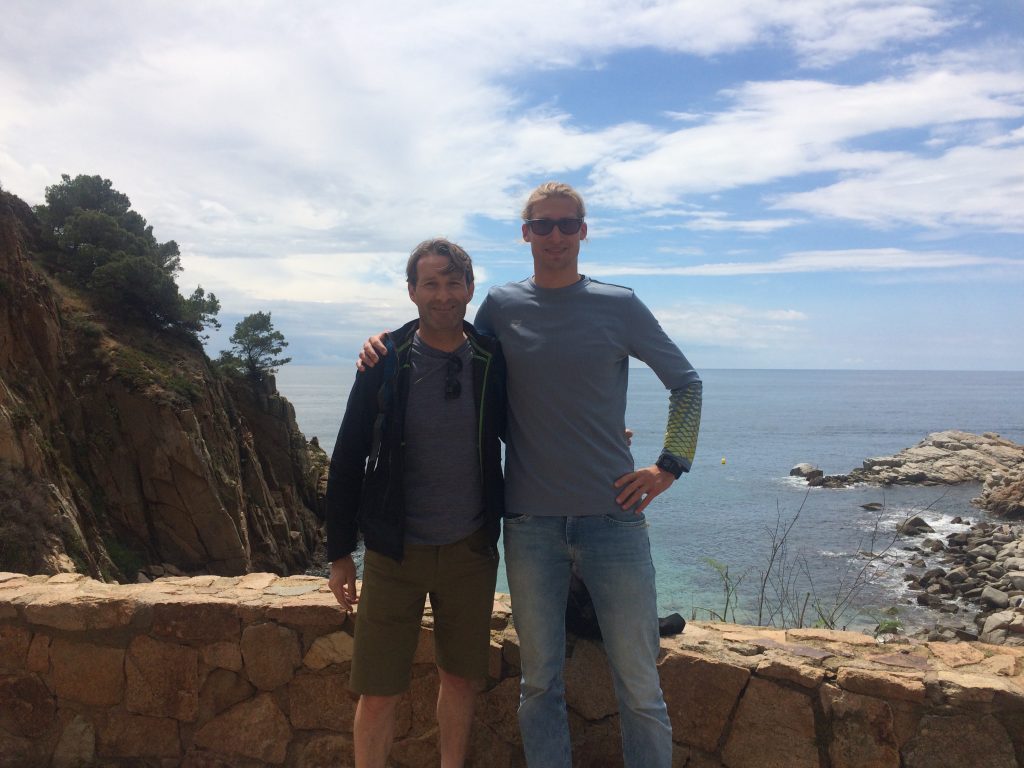
What would you say was the best thing about your semester abroad?
Being able to travel that much was amazing. Also, I really enjoyed getting to know so many people that you wouldn’t meet otherwise. I’m still talking a lot to my former Italian flatmate and to some other people as well. We’re already planning a meet up in February.
Another thing that I really liked was one class that didn’t have to do anything with my actual studies. It was kind of refreshing to have some completely different input than you usually do. I only picked this course because I was interested in the topics, so I could benefit from it in a personal way.
Final question: Do you have any tips that you would like to give to students who are interested in a semester abroad?
I dawdled a bit with my flat hunting and started searching for it, when I was already there. It’s probably better to organise something beforehand to avoid this kind of stress.
Plus, keep in mind that everybody will find a thing that he or she will benefit from: If you want to party a lot, if you want to travel and see a lot, if you want to meet a bunch of new people – studying abroad offers something for everyone. I’d recommend to everybody to also take at least one class in the national language, just give it a try! When else do you have the opportunity to go abroad and live there in such an uncomplicated and inexpensive way? Studying abroad is awesome. You will also learn to appreciate the other, smaller things that you normally take for granted, like the equipment your home university has, and which your host institution hasn’t. It will train your perception. My conclusion is: Just do it.
Interview: Marilena Schmitz
Got curious? Click below to learn more about how to organise your own semester abroad, who to contact, and what else is worth knowing.
![FHews – [ fju:s]](http://fhews.de/wp-content/uploads/2015/05/fhews_logo2_3B8ACC.jpg)


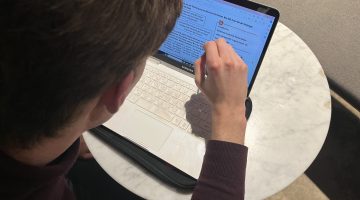





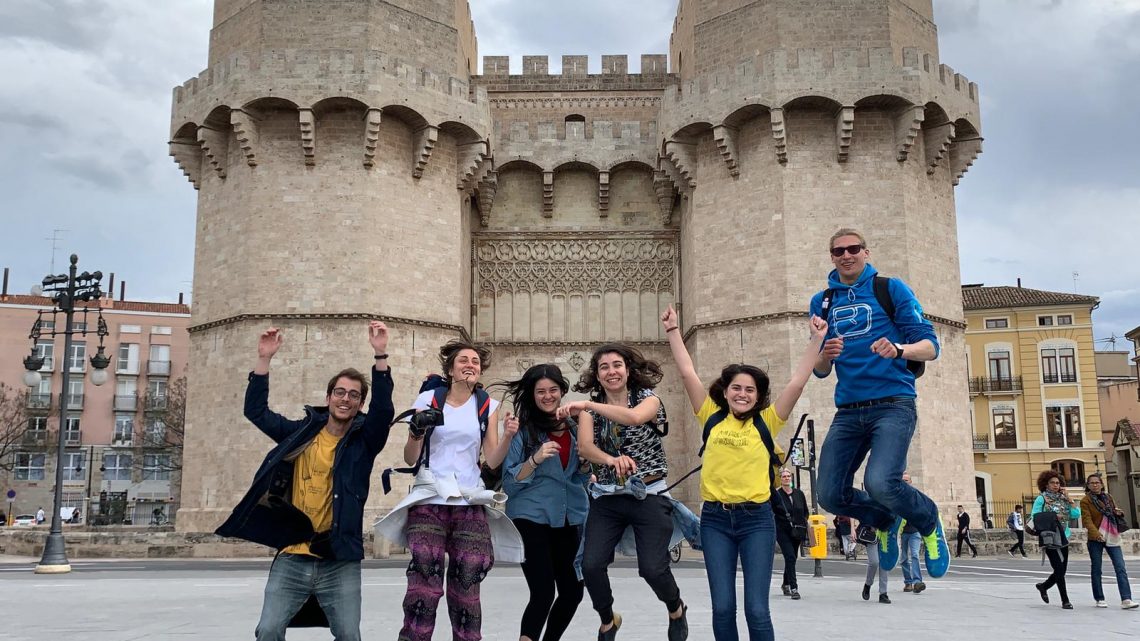
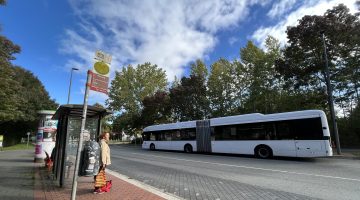

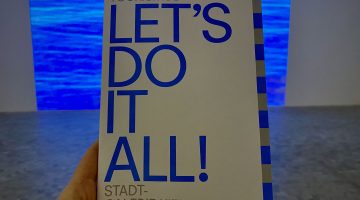
No Comment